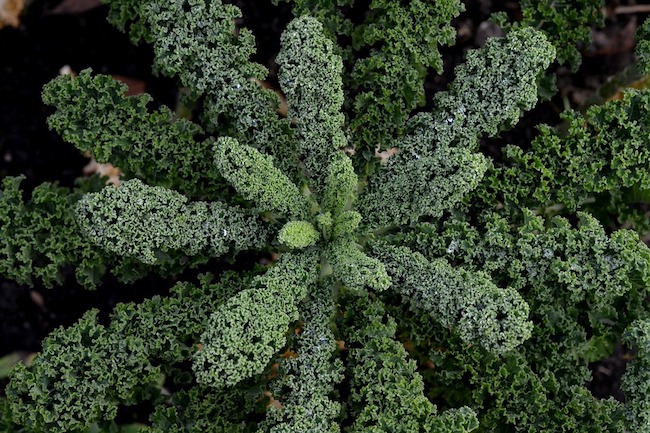This Compound in Kale and Other Brassica Vegetables may Prevent Colon Cancer by for Natural Society
Good news vegetable-lovers: research shows that vegetables like kale, cabbage, and broccoli contain chemicals that may prevent colon cancer. [1]
When mice were fed a diet containing a chemical found in the brassica family of vegetables – including broccoli, cabbage, collards, Brussels sprouts, cauliflower, kale, kohlrabi, swede, turnip, bok choi, and mizuna – scientists realized the animals were less likely to develop inflammation and colon cancer. [1] [2]
Colon cancer is the third most common form of cancer in men and women. The American Cancer Society estimates that there will be more than 97,000 new cases diagnosed in the U.S. in 2018. [2]
Vegetables from the Brassica genus produce a chemical called indole-3-carbinol (I3C) when they are digested, the study shows. I3C may prevent colon cancer by activating a protein called the aryl hydrocarbon receptor (AhR). [1]
This protein signals immune cells and epithelial cells that line the gut, preventing it from becoming inflamed when introduced to a bacteria that can live in the digestive system. Both types of cells are considered the first line of defense against harmful bacteria and viruses.
The role of AhR in the gut is to “inform” immune cells and other cells in the lining of the intestine to the presence of environmental signals that are vital for preventing bacteria in the digestive tract which give off inflammation-promoting signals. [2]
When a person lacks AhR or has a faulty version of it in their gut, the stem cells fail to convert into working cells in the gut lining but “divide uncontrollably.” This can lead to abnormal growths that become cancerous.
First author Dr. Amina Metidji from the Francis Crick Institute explained: [3]
“We studied genetically modified mice that cannot produce or activate AhR in their guts, and found that they readily developed gut inflammation which progressed to colon cancer.




